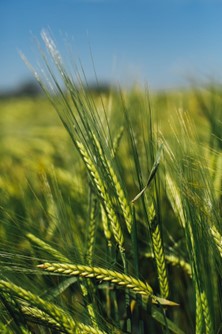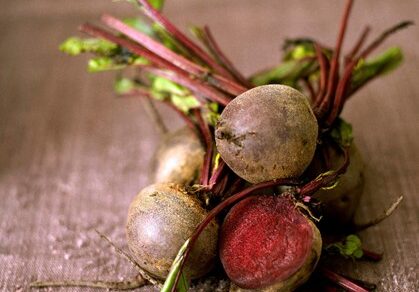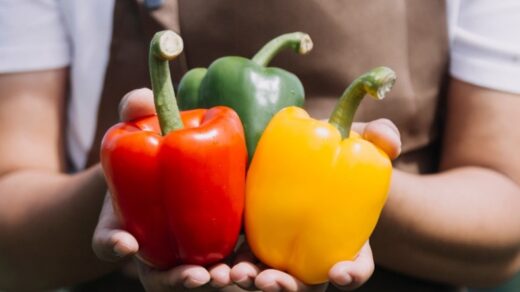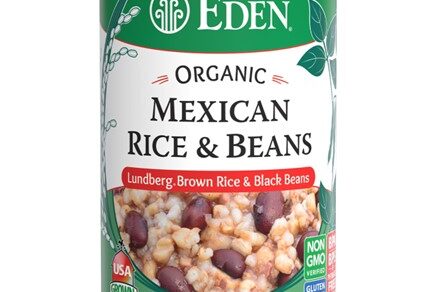Organic food is more in demand than ever before, both for the sake of our own health and for that of the environment. Biodynamic farming is a key component in the future of sustainable farming.
Eden Foods reviews that biodynamic farming is a method of farming that is equally holistic, ethical, and ecological. Biodynamic farmers treat their farms as living organisms, working to synchronize and harmonize every element in a natural, spiritual way: plants, animals, soil, people, fields, compost, etc., as well as the spirit of the land itself.
Below, Eden Foods reviews the principles of biodynamic farming and clarifies why this method of agriculture is important for organic farming practices.
Biodynamic Farming Explained
Biodynamic farming is a unique spiritual approach to agriculture that prioritizes biodiversity in seeds and breeds, natural fertility, and holistic treatment of pests and diseases, as weeconomic, ecological, and social sustainability. It is an organic farming method with a focus on spiritual practices that follows a few key principles:
- Plant diversity
- Crop rotation
- Compost
- Animal life
- Homeopathic alternatives to modern practices
- Life forces
How Does Biodynamic Farming Work
Biodynamic farmers use natural methods as opposed to chemical fertilizers and pesticides. For example, instead of pesticides, they may use salt sprays or neem, which are natural and less harmful. Instead of chemical fertilizers, they might use microbial agents like bacteria, algae, fungi, and others.
Biodynamic farming also follows ancient lunar planting cycles, which means that farmers follow a planting schedule based on the phases of the moon cycle.
Why Biodynamic Farming is Important
Biodynamic farming is important in organic farming because it focuses on sustainability and natural solutions. It produces far less pollution of the land, air, and water than modern farming practices, and is more sustainable in the long-term.
Biodynamic farming is famous for building a diverse, balanced ecosystem that can thrive without too much interference from humans. This method of farming can support itself since everything works in a cycle. This means we don’t need artificially engineered seeds or chemical products to grow our food.
Here are the top ways biodynamic farming benefits our planet:
- Organic produce
- Premium quality products
- Fewer chemicals added to the soil
- Self-sustaining ecological balance
- Efficiency of the environment
- Zero water and soil pollution
- Adaptable farms with consistent yields

How Biodynamic Farming Excels in Organic Farming
There are a few ways that biodynamic farming outperforms typical organic farming practices. First, it heals the soil by encouraging it to replenish its nutrient stores in a completely natural way. Second, it increases the vitality of the soil, rather than only protecting it. Third, biodynamic farming encourages ecological balance in the environment all around it, rather than only within the farm.
Biodynamic farming creates compost from herbs and minerals rather than animal excrement. Plus, this farming practice works with environmental AND astronomical changes to better align with the entirety of nature. Finally, biodynamic farming strongly encourages the biodiversity of its farming land and all surrounding land, never cutting down trees or otherwise changing the landscape.
Final Thoughts
Biodynamic farming is perhaps the most beneficial farming practice for humans, animals, plants, and our overall ecosystem. With its focus on biodiversity, sustainability, and balance, the benefits it has on the health of crops, soil, animals, and people has never been a higher priority. Biodynamic farming is the best answer we currently have for adjusting modern farming practices to be practical, sustainable, and ethical.



